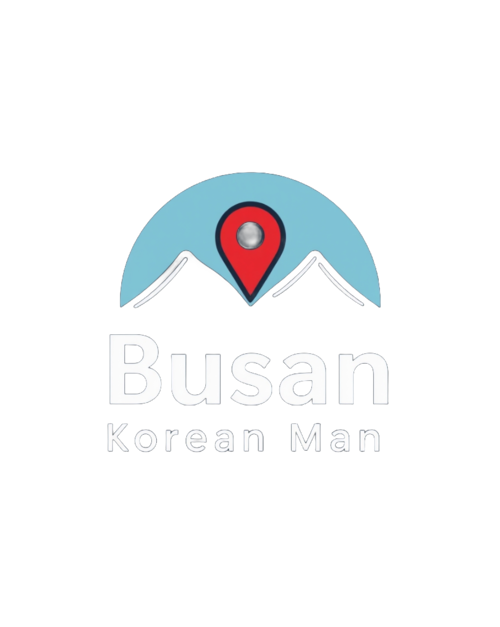Welcome to the land of K-pop, kimchi, and high-speed internet! South Korea is a vibrant and fascinating country that attracts travelers from all over the world. But before you pack your bags and head off on an adventure in this beautiful nation, knowing about one crucial aspect – currency is essential.
In this blog post, we’ll take you through everything you need about South Korea’s currency – the Korean Won. From exchanging money to tipping etiquette, we’ve got you covered with all the tips and tricks for navigating South Korea’s financial landscape like a pro!
The Korean Won

The Korean Won (KRW) is the official currency of South Korea, divided into 100 jeon. The won has been in circulation since 1902 and has undergone several changes over the years, from being pegged to the US dollar to a floating exchange rate system.
Currently, coins are available in KRW10, KRW50, KRW100, and KRW500 denominations, while banknotes come in values of KRW1,000; 5,000; 10,000, and even up to KRW50,000. It’s worth noting that some places may not accept high-denomination banknotes due to counterfeiting concerns.
While foreign currencies like USD or EUR can be exchanged at banks and money changers around South Korea (a passport is required), it’s always best practice to have some Korean Won on hand when traveling within the country.
Don’t forget that ATMs dispense Korean Won only – but most major credit cards are accepted in large cities like Seoul or Busan. Now that we’ve covered the basics of South Korea’s currency, let’s dive into how you can exchange your money!
How to Exchange Money in South Korea

Exchanging money in South Korea is a straightforward process, but it’s important to be aware of a few key things before you go. Firstly, it’s best to avoid exchanging money at the airport as they often offer lower exchange rates and higher fees compared to other currency exchange services elsewhere.
Instead, look for authorized banks or licensed foreign exchange booths, which can be found throughout the major cities. Some popular options include KEB Hana Bank, Woori Bank, and Shinhan Bank.
It’s also important to bring your passport with you when exchanging money, as this is required by law in South Korea. Additionally, ensure that any bills you plan to exchange are clean and undamaged, as some places may not accept the damaged currency.
When comparing different exchange rates offered by different providers, keep an eye out for hidden fees or commission charges, which could affect the final amount you receive. It pays off to do some research beforehand so that you can get the best possible rate for your money!
ATMs in South Korea

ATMs in South Korea are a convenient way to withdraw cash. They can be found almost everywhere, from convenience stores to subway stations. Most ATMs accept international cards such as Visa, Mastercard, and American Express.
One thing to keep in mind is that some ATMs charge a fee for withdrawing money with foreign cards. This fee varies depending on the bank and card provider, so it’s best to check with your bank before you travel.
To withdraw money from an ATM in South Korea, you’ll need to enter your PIN number and select the amount of money you want to withdraw. The machine will then dispense your cash along with a receipt.
It’s important to note that many Korean ATMs have English language options available. If you need help navigating the menu or have any issues using an ATM, feel free to ask for assistance from someone nearby or contact your bank directly.
Using ATMs in South Korea is a straightforward process for travelers who need access to local currency during their trip. Just be sure to familiarize yourself with any potential fees beforehand, and always keep an eye on your surroundings when taking out cash at night or in less populated areas.
Tipping in South Korea

Tipping in South Korea is not a common practice. In fact, it’s considered rude to leave a tip in most situations. This is because tipping can be seen as questioning the quality of service provided, which may offend the person serving you.
However, there are some exceptions to this rule. For example, if you receive exceptional service at a high-end restaurant or hotel where international standards expect tipping, then leaving a small tip would be appropriate.
Another situation where tipping may be acceptable is when using tour guides or taxi drivers for extended periods of time. In these cases, giving a small gratuity (around 10% of the total cost) at the end of your trip would show appreciation for their services.
It’s important to remember that tipping is neither expected nor required in South Korea, and attempting to do so may even cause confusion or embarrassment. Instead, showing gratitude through polite gestures and words will suffice in most situations.
How to Get the Best Currency Exchange Rate

Getting the best currency exchange rate is crucial when traveling to South Korea. Here are some tips to help you get the most out of your money:
1. Research: Before traveling, research the current exchange rates and compare them with different banks or currency exchange offices.
2. Avoid exchanging at airports or tourist areas: Exchange rates at these locations tend to be higher due to convenience and demand.
3. Use credit cards wisely: Some credit cards offer favorable foreign transaction fees, so make sure to do your research beforehand.
4. Haggle: Be bold and negotiate for a better rate, especially if you’re exchanging a large amount of money.
By following these tips, you can save money and make the most out of your trip to South Korea without worrying about getting ripped off by unfavorable exchange rates. Happy travels!
